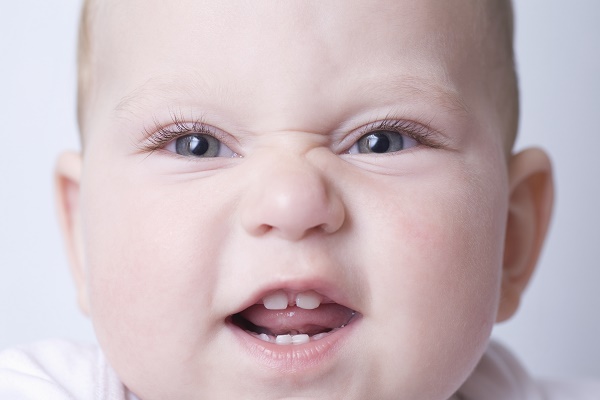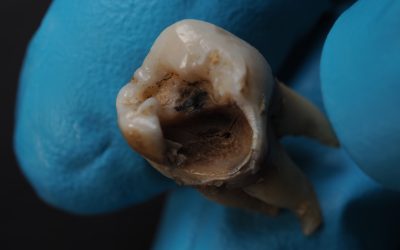There are few milestones throughout a child’s life that parents dread as much as teething. As your child begins to lose their baby teeth, and their first adult incisors push through, the overwhelming pain and discomfort they experience translate into an unfortunate bout of never-ending crying and screaming for you.
However, that is only for small incisors – so you can imagine the discomfort felt when the big round molars start pushing their way through! Unfortunately, the introduction of molars and simultaneous loss of baby teeth begin only a short time after teething, leaving parents and children with little time to recover from the ordeal.
Growing Pains
Sadly, the pain of losing baby teeth and growing molars can often manifest itself into sleepless nights for your child, and possibly yourself, in addition, a lot of head-splitting crying and a refusal to eat harder foods. When the molars begin growing in, it is important to ensure that the pain in your child’s mouth is indeed molar growth, and not indicative of a real dental issue.
Assuming your child’s pain is not too great that they won’t let you near their mouth, you can feel for bumps where the molars are growing in to confirm. Of course, when in doubt, have a dentist check it out on your behalf.
Can Loss of Baby Teeth Have Other Symptoms?
Few parents ever report anything more than pain when it comes to their children’s molar growth. However, there are a select few children who have shown fever, diarrhea, or even vomiting during this painful period in their lives.
The data is inconclusive on whether the process of gaining adult teeth can actually trigger these symptoms. As such, while they may very well be a cause of your children’s new teeth, it is best not to take chances, and have them see a doctor immediately if they show any of these symptoms.
Home Remedies for Aching Teeth
One of the most effective tools for soothing your child’s aching teeth is a cold teething ring. As your child chews on it, the coldness will numb their sore spots and reduce inflammation in the gums, thereby alleviating the pain they are experiencing. A cold washcloth can also serve a similar function if a teething ring is unavailable to you.
In extreme cases, over-the-counter medication can be necessary and effective, provided children are strictly kept to the recommended limits for their age group. Aim for painkillers with stronger anti-inflammatory properties, like ibuprofen, and avoid those that are more suited to traditional aches and fevers, like acetaminophen.
With any luck, these should be all that is needed for everyone in the home to get some much-deserved sleep! Finally, avoid homeopathic remedies. There is no scientific proof of their efficacy and, at best, they are often nothing more than a placebo.





